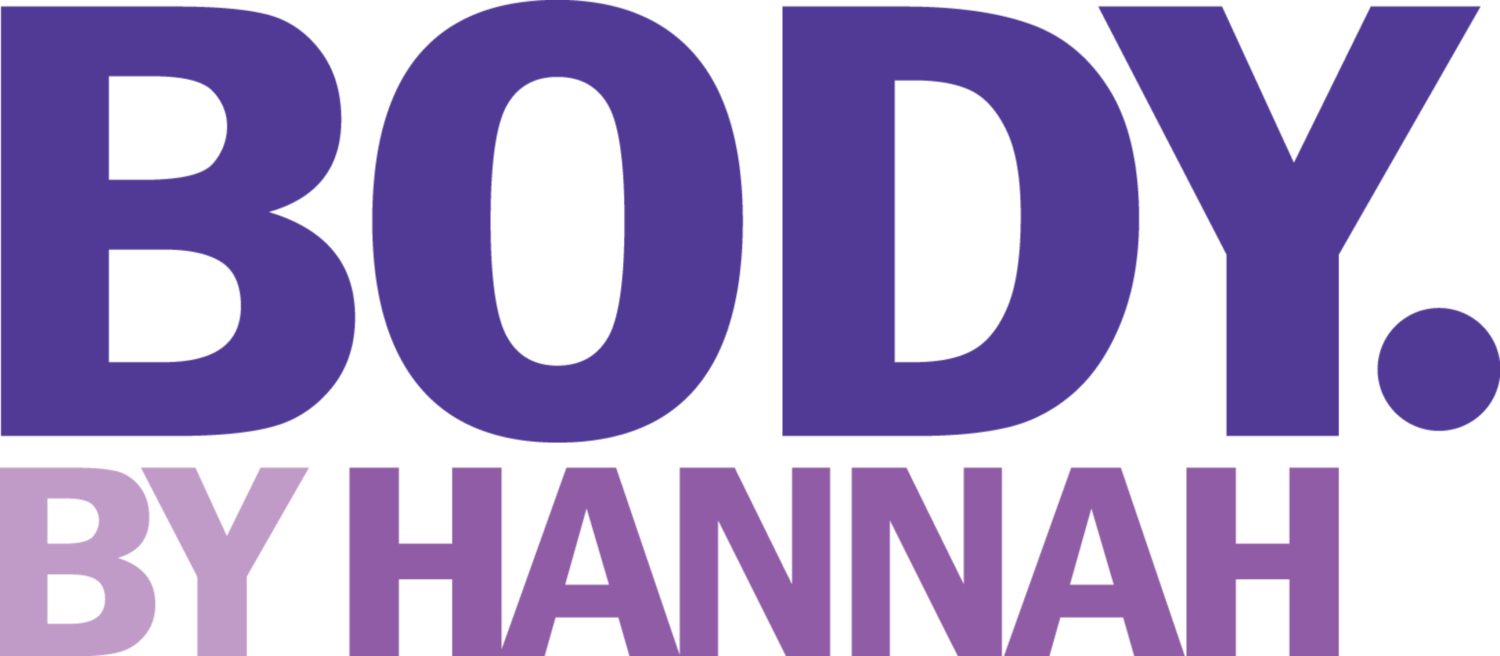As I watch my parents age into their 80’s, it’s a topic that continues to become more personal to me and more important to talk about. According to findings from the Baltimore Longitudinal Study of Aging, muscles tend to grow from birth until they peak at around 30-35 years old. From there, our muscle mass tends to slowly decline. Once we hit 65 (for women) or 70 (for men), the decline becomes even more rapid. This loss of muscle can greatly impact our metabolic health and quality of life.
While, it’s an inevitable fact of life that as we age, we experience a gradual loss of muscle mass, elderly people are perfectly capable of maintaining and actually building more muscle through a targeted approach to diet and exercise. The result is improved vitality, reduced bone loss, prevention of osteoarthritis and decreased risks of falling and fractures. So how can we start the mission of building muscle either before the inevitable decline or even after the decline to build our bodies back up?
Embrace strength training.
Resistance training, hands down, is the best approach for building muscle,. When you do exercises under resistance, your muscles are subject to stress and damage. When paired with the right diet and recovery processes, your immune system can begin to repair your muscles so that they grow back even bigger and stronger than they were before.
So strength training is one of the most effective habits to incorporate into your daily routine if you want to build lean body mass as an older adult. Research recommends strength training 3 or 4 times weekly.
A caveat here: if you’re new to strength training (or have not done it in a long time), it’s a good idea to work with a fitness professional like a personal trainer. Schedule a free 15-minute phone consult with a BBH trainer who can help guide you through your workout routines, perfecting your form and developing an effective workout schedule to help you build muscle while protecting you from potential injury
Prioritize protein.
Your diet is the other big piece of the puzzle for muscle growth. While doing resistance training starts the process, you can’t grow muscle without eating enough of the right nutrients necessary to repair and rebuild.
Protein is often referred to as the nutritional “building block” of your muscle tissue since it actually makes up its structure, so you’re going to need plenty of it to help your muscles recover from your strength training workouts.
So how much protein should you be eating overall? The official recommendation is that you should be eating at least 0.8 grams of protein per kilogram of your body weight to hold off muscle loss, while some studies have also indicated greater intakes of 1.0-1.6 g/kg of body weight may help promote muscle strength and size. However, the exact amount you should eat is highly individualized and we recommend that it might be helpful to schedule a nutrition consultation with one of our certified nutrition coaches if you want to dial in the right amount for you . Everyone’s nutritional needs will vary based on their current health status and activity level.
If you need more resources for high protein meal plans, you can find multiple meal plans in the Nutrition Corner of our on-demand membership studio, BBH Fit.
The bottom line is that it is never too late to start preventing muscle loss or build muscle in our latter years! If you want to maintain vitality in your life as you age, muscle is the currency with some of the highest value for helping you achieve a vibrantly healthy life.


